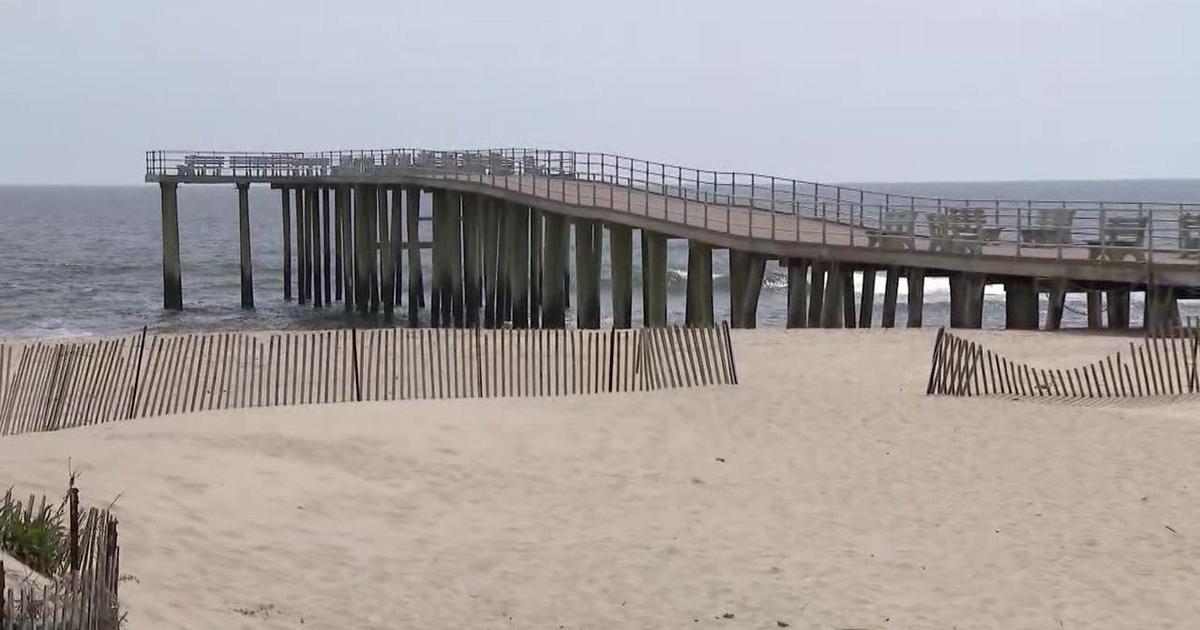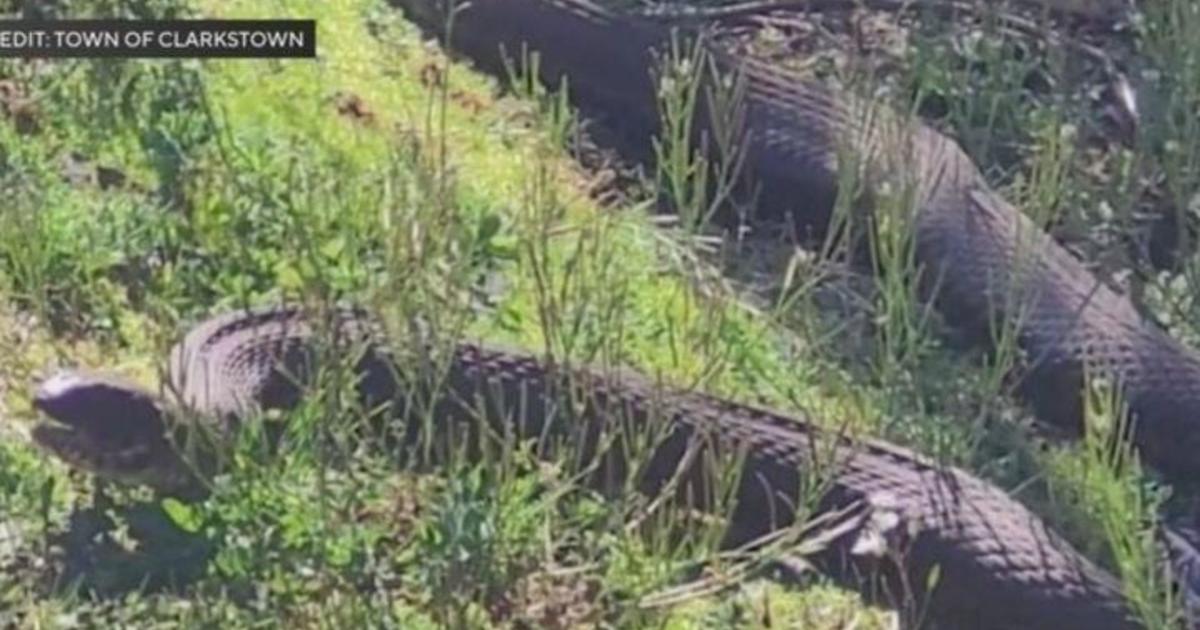Long Island Town Suing LIRR Over Contaminated Dump Site
BROOKHAVEN, N.Y. (CBSNewYork) -- The town of Brookhaven is suing the Long Island Rail Road for not cleaning up a long contaminated dump site not far from a protected river and residents' homes. But the railroad said it's just following a state-approved plan.
"I think they should be ashamed of themselves! How would they like it if it was in their area?" Joyce Kinney, of Suffolk County, told CBS2's Emily Smith.
Kinney is a long-time resident of the town and she said she's fed up with the LIRR over the eyesore that is just a few hundred yards from her home. State tests show that the fenced-in railroad property just below its tracks is contaminated with heavy metals.
"If somebody dumped arsenic and asbestos and lead and mercury, would you want to cover it up or clean it up?" Richard Amper, of the Long Island Barrens Society, told CBS2.
Amper said the railroad debris dumped on the site in the 1950s has leached into the soil and groundwater, not far from a protected water source.
"We're within a thousand yards of the Carman's River," Amper said.
Now, the town of Brookhaven is suing the LIRR and demanding a full clean-up.
But inside the state Supreme Court at Central Islip, state of New York attorneys defended the railroad, arguing it voluntarily agreed to treat the soil and cap it over with asphalt and concrete. Town attorneys call that a "sweetheart deal" that allows the railroad to get around environmental laws.
"The town insists that the state super-fund law and all of its protections for the citizens of Brookhaven and everybody who's affected is protected as the law requires," Robert Calica, of the special counsel to town of Brookhaven, told CBS2.
The LIRR said a full clean-up would cost $35 million more, and the groundwater contamination has not been detected off-site near neighbors' homes.
But some residents aren't buying it.
"They come down here, they don't do anything to help us. They don't do anything to clean it up, they just cover it up," Kinney said.
A state judge will now decide whether to allow the railroad to contain and cover the estimated 100,000 cubic yards of contaminated soil.
In court filings, the LIRR said the state environmental investigators determined the site posed no significant threat to public health.



